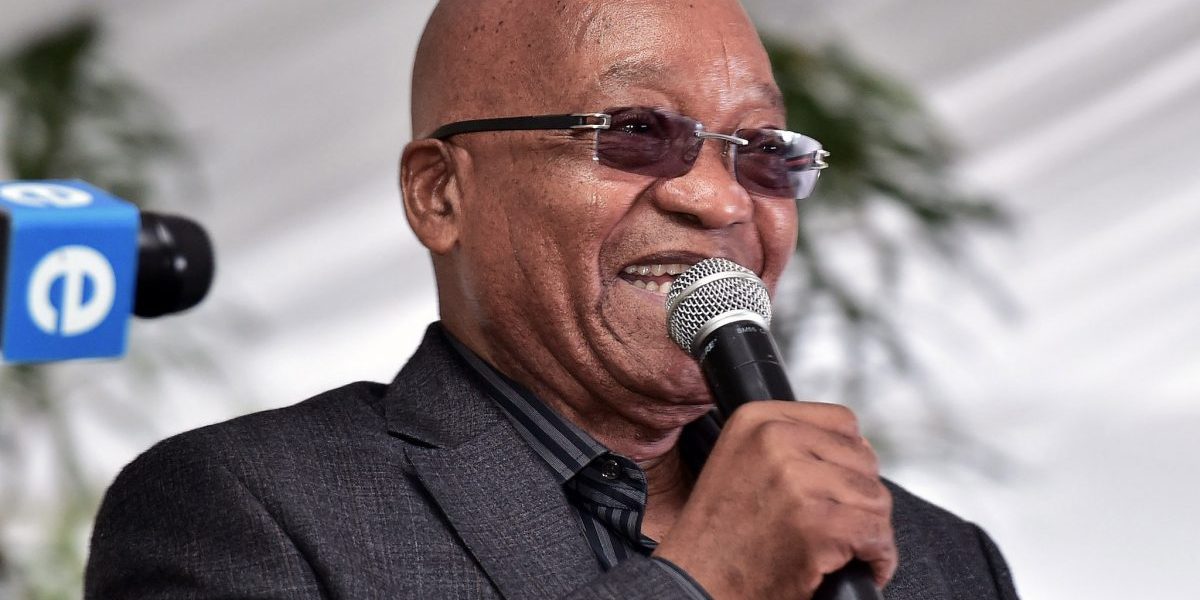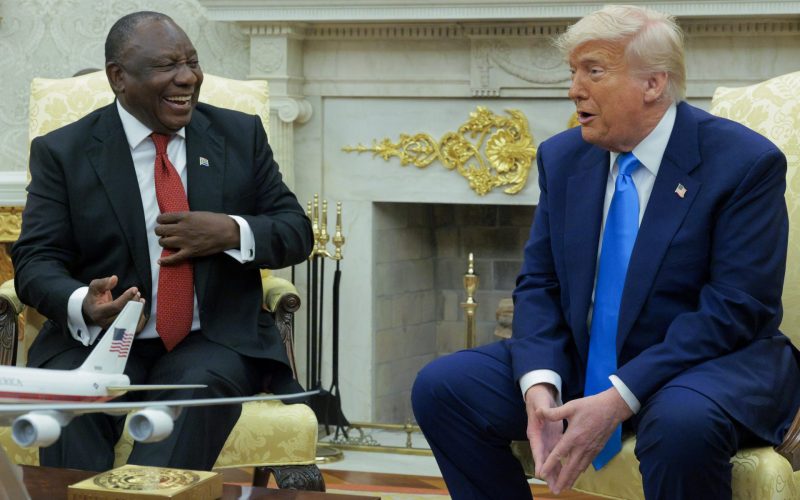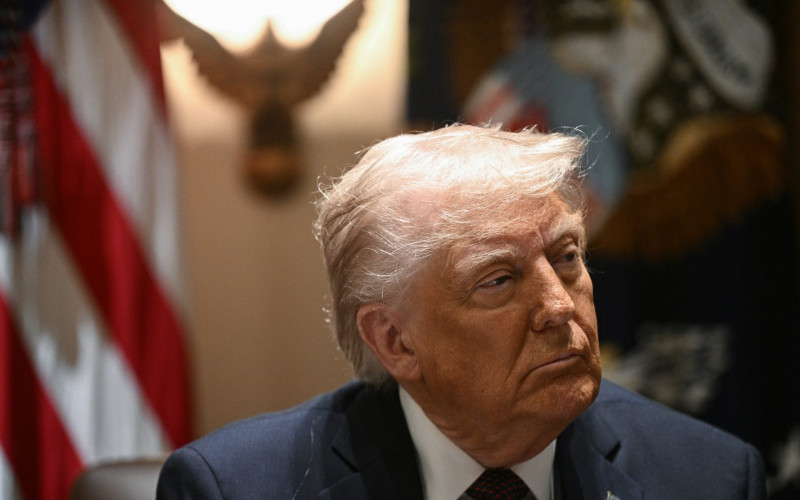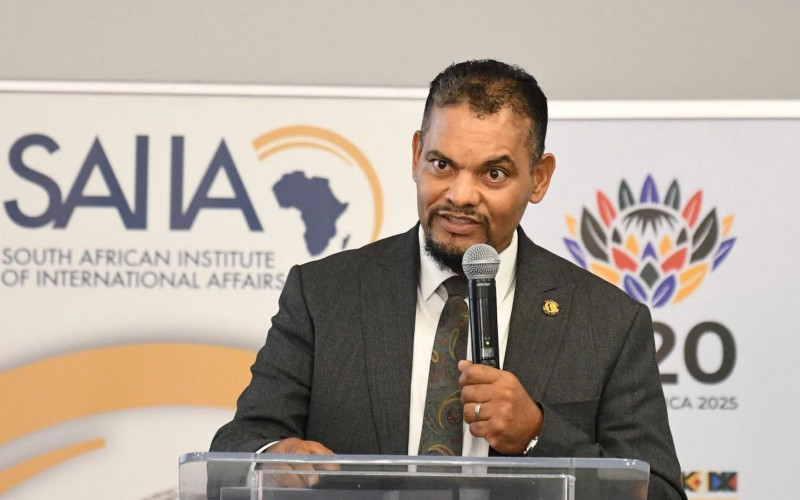When President Jacob Zuma announced his Cabinet in May 2009, Nkosazana Dlamini-Zuma, who served as foreign minister during the Mbeki and Motlanthe administrations, was moved to Home Affairs. Not only was a new minister, Maite Nkoana-Mashabane, appointed but her title and the name of the department were changed to conform to a decision taken at the Polokwane conference. Not for the first time.
The department changed from external affairs to foreign affairs in 1961 when South Africa left the Commonwealth. All the stationery had to be dumped then too.
And more recently the entire department moved to its new headquarters’ building in the valley below and directly in front of the presidential residence and the presidential guest House. For the first time in over 30 years the department is accommodated under one enormous roof.
Now the staff of the department has to adjust to the departure of the director-general, Ayanda Ntsaluba, whom Dlamini-Zuma recruited from her former Department of Health, in 2003.
I retired from a 42-year career in the department in mid-2003 and never served under Ntsaluba’s leadership. But I have memories of a series of encounters with him, all of them positive, during my time with the South African Institute of International Affairs (Saila), which I joined immediately after my retirement from the department.
One of my first tasks was to edit and prepare for publication an academically researched history of the department of foreign affairs, commissioned by Neil van Heerden when he was director-general. No other publisher had been found and Saila was asked to undertake the task of publishing what is probably an internationally unique work, a history of a foreign ministry.
This one covered the period from its creation in 1927 to 1994.
The new director-general, Ntsaluba, was asked for his approval for us to proceed. Although then very new in his position, he gave this without hesitation. The book, published two years later, was one of the most successful Saila publications in terms of sales. It is now out of print.
My first personal encounter with Ntsaluba was when he came to Jan Smuts House some years later to attend a Saila conference on a subject related to the European Union. He was accompanied by our then ambassador to the EU, Jerry Matjila. I met them on the steps outside and after a warm greeting, Jerry introduced me to his director-general.
I was struck by Ntsaluba’s informality and warmth. During the day he needed to have a discussion with some of his officials. He approached me addressing me by my first name. He asked for a place to meet with them. He was soon settled in the office of the institute’s national director.
Later during the day I noticed him seated on the periphery of the conference hall and invited him to take a seat at the conference table. He demurred with a smile. He found it very satisfactory to observe the proceedings from that angle.
My last encounter with Ntsaluba was just days before he left the department. Although probably pre-occupied with the last arrangements for his departure, he found time to keep an appointment made some months before to meet with Pieter Wolvaardt, Werner Scholtz and me, all former members of the department.
The occasion was to present him with a set of three books we had compiled, containing the combined memoirs of over 100 former South African diplomats who served between 1966 and 1995. Titled From Verwoerd to Mandela: South African Diplomats Remember, it is a serious book with a human face.
Over a friendly finger lunch we exchanged memories and anecdotes with Ntsaluba and several of his officials that he had invited to join us. He told us of how, as a young medical student, he had been deployed by the ANC to various hospitals and of the fate of some of his contemporaries who were regrettably in the wrong place at the wrong time. He said he looked forward to having the time in his retirement to enjoy our books.
Having observed even briefly and only in passing his interaction with some of his senior officials, it is not difficult to see why serving officials faced his departure with trepidation. He was able to manage the department and to treat its staff equitably and fairly within the constraints imposed on him by policies and politics.
The apprehension felt by those officials about the identity of his successor may have been ameliorated by the appointment of Jerry Matjila in an acting capacity, and hopefully to be confirmed in the position, as director-general of the department.
My own interaction with Jerry goes back to the transitional executive council sub-council on foreign affairs. Meetings of the sub-council in various regional centres, including Singapore, brought together around the same table and on orientation visits heads of mission with the counterpart ANC representatives of, in this case, Asian countries. Jerry and I met each other first in Singapore.
My next vivid memory of Jerry was after the transition in 1994 when he had already joined the department with his colleagues from the ANC’s international department.
In terms of the 1994 Constitution, the jobs of all existing officials were guaranteed. This included the staff members of the foreign affairs departments of the so-called “independent homelands”. Suddenly the department was faced with an influx to Pretoria of these officials. Those from the Transkei were particularly demanding.
All senior line-function officials, except the director-general, Rusty Evans, had decided to leave by April 1994 and I had to step in as Rusty’s deputy on several occasions.
One morning as I was preparing to chair yet another session of the committee representing all components being integrated to address the issues arising from this, Jerry walked into my office and said supportively, “Tom, don’t let those people mess you around”. With backing like that, how could I fail?
Our paths diverged and Jerry went on to several ambassadorships, also becoming deputy director-general for Asia and the Middle East. In these his record is unexceptionable.
It was only last year when as South Africa’s permanent representative to the UN in Geneva that he became for a while the centre of controversy. Like his counterpart in New York some years earlier, Dumisani Khumalo in the UN Security Council, he sided in the UN Human Rights Council with the African consensus, in preference to a position based on South Africa’s constitution and legislation, which recognises gay rights and same sex marriages.
Whether or not he personally agreed with that position, like a good official and representative, he carried out the instructions he received from Pretoria.
At last it seems, as the minister in her announcement of Matjila’s acting appointment emphasised, there is recognition that an experienced professional, who knows and understands the department, its workings domestically and internationally and its culture, is a choice best suited to manage the department. We wish him well.






